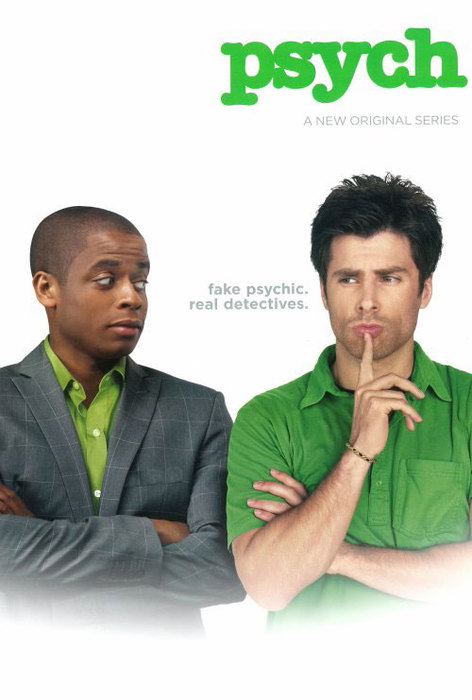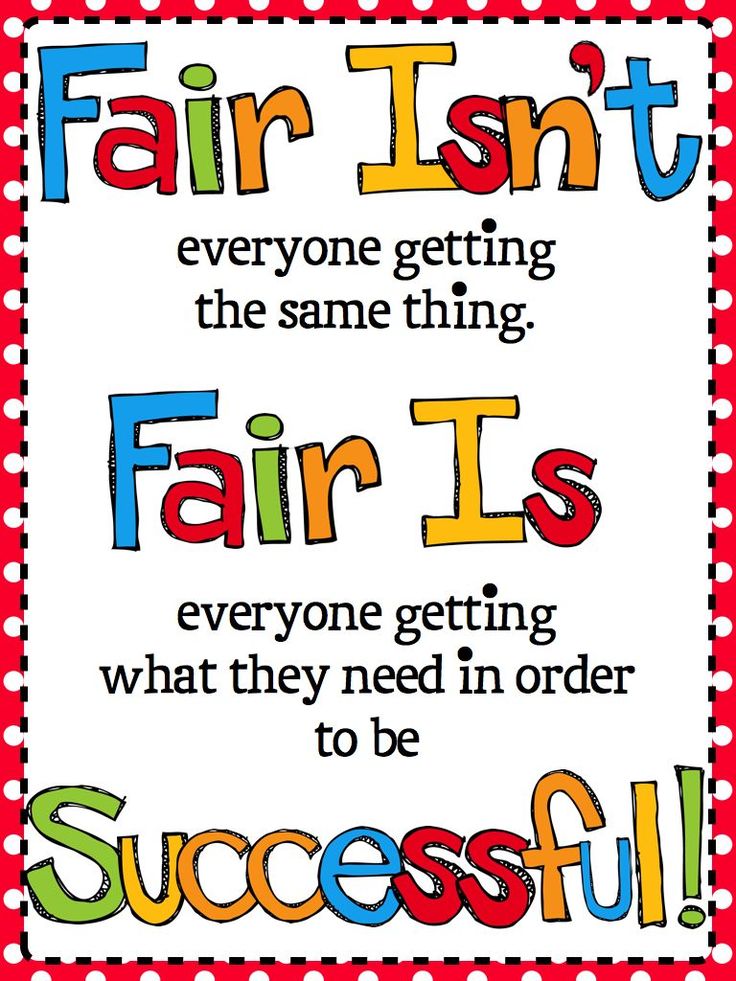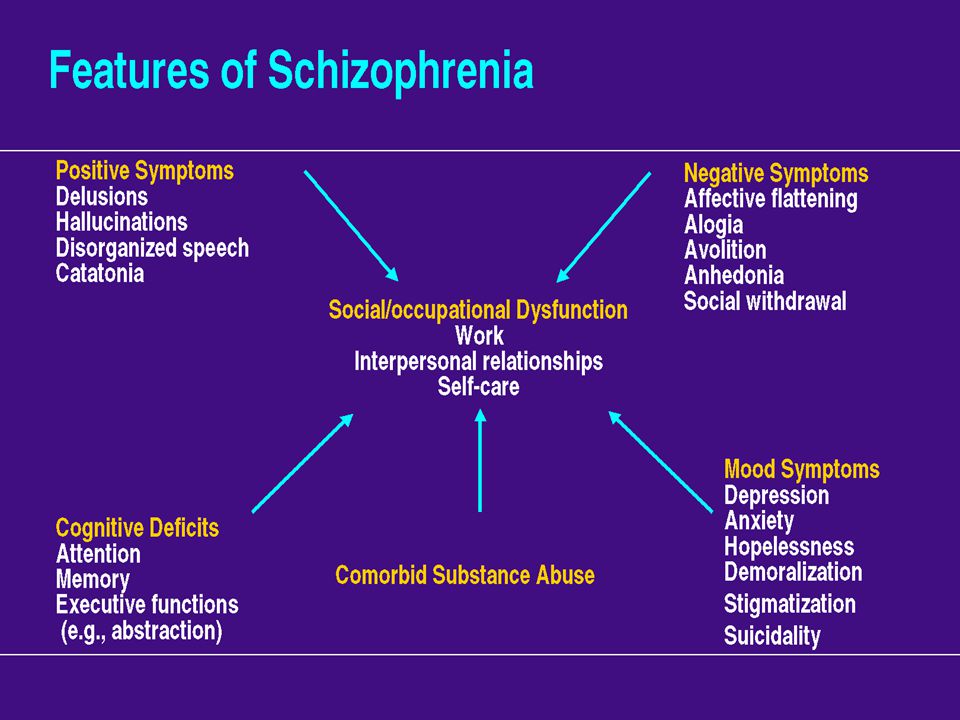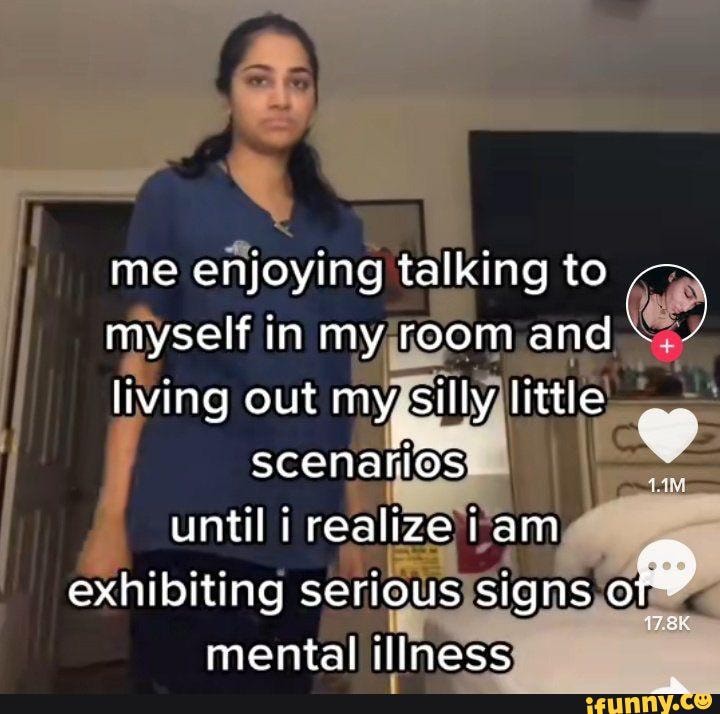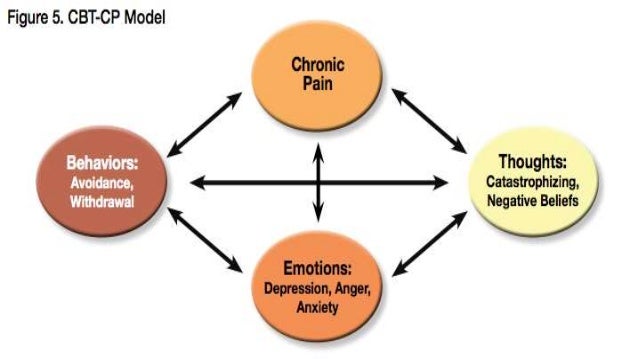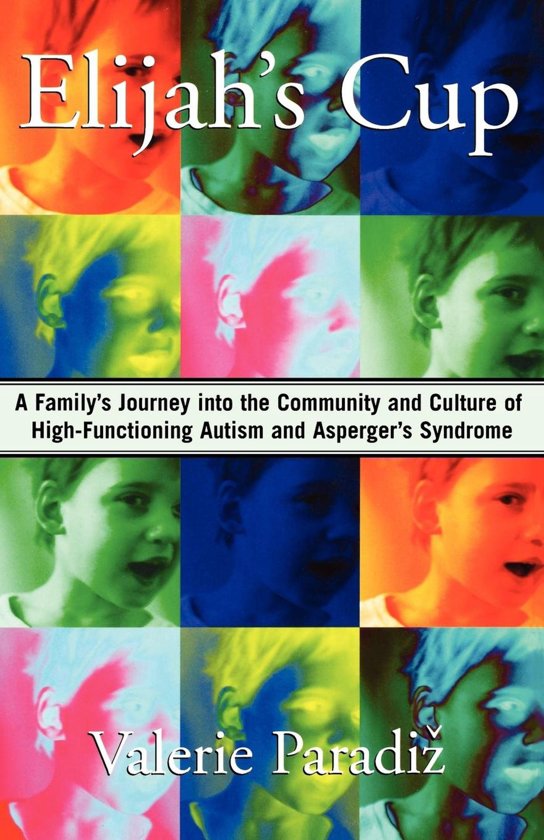Find a psych
Find a Therapist and Psychological Help
We include products we think are useful for our readers. If you buy through links on this page, we may earn a small commission. Here’s our process.
Looking for a therapist, but not sure where to start? You’ve come to the right place.
Whether you have a mental health condition, think you might have one, or just need extra support, talking with a therapist can help you deal with challenges in your daily life.
Mental health conditions are common. In fact, the National Institute of Mental Health says that nearly 1 in 5 adults in the United States lives with a mental health condition, and it’s estimated that only half of them receive treatment.
Thankfully, more and more resources are popping up to help people find support. There’s more flexibility than ever: You can choose between face-to-face therapy, online therapy, phone calls, mental health apps, and more.
So, you’re ready to seek mental health support — but where do you even begin?
If you’re looking for local help, many search tools can help you find a therapist by city, state, or zip code to find therapists in your area.
Consider using Psych Central’s search tool to find a therapist, or one of these online directories:
- American Psychological Association search tool to find a psychologist
- American Psychiatric Association search tool to find a psychiatrist
- Association for Behavioral and Cognitive Therapies’ search tool to find a cognitive behavioral therapy (CBT) specialist
- Substance Abuse and Mental Health Services Administration’s (SAMHSA) search tool and treatment facility locator map to find support for addiction, substance use, and other mental health conditions
- Medicare.gov’s healthcare provider tool to find local healthcare professionals that accept Medicare
The Anxiety and Depression Association of America also offers a search tool for therapists specializing in anxiety and depression, including obsessive-compulsive disorder (OCD), post-traumatic stress disorder (PTSD), and related conditions.
If you’re going through a health insurance plan, you can start by looking through your plan’s provider network. You can try calling your insurance company directly if you’re having trouble. Sometimes they can do the legwork for you.
You can try calling your insurance company directly if you’re having trouble. Sometimes they can do the legwork for you.
Word of mouth can also be a great help. Try reaching out to friends and family to see if they have any recommendations. You can also ask your primary doctor for a referral.
Your local school, university, religious org, or some workplaces might provide counseling services, often at a low cost or entirely free. Local advocacy groups might also be able to assist in getting you help.
Have Medicare? Check out what mental health services are covered at this resource from Healthline.
Finding the right therapist looks different from person to person. Your mental health concerns, cultural background, and the type of therapy you’re looking for will all make a difference, along with the cost and accessibility.
One of the first things to consider is whether you’d like to access in-person, online, or phone therapy. It’s also important to have an idea of your budget.
Think about what type of therapy feels right for you. There are many to choose from, each offering a different approach to treating what’s troubling you. Common types include:
- cognitive behavioral therapy (CBT)
- psychodynamic therapy
- interpersonal therapy
- group therapy
While many mental health professionals deal with a wide range of mental health concerns, most have particular areas of expertise. Some can prescribe medications, while others cannot.
Questions to ask yourself when choosing a therapist
- What are my symptoms? e.g., feeling anxious, depressed, or overwhelmed.
- What concerns do I want to address? e.g., relationship ruptures, troubling emotions, or challenging behaviors.
- What type of therapy feels right? e.g., behavioral therapy, psychodynamic therapy, or trauma-informed therapy.
- What are my therapy goals? You don’t have to have a detailed answer to this, it could be as simple as “learning better ways to cope” or “improving a relationship.
 ”
” - What has worked for me before? If you’ve seen a therapist before, what worked and what didn’t?
- Do I want someone with a specialism? e.g., an expertise in depression, trauma, OCD, etc.
- Do I want to see a culturally competent therapist? Sometimes, it’s easier to open up to a therapist who has experience with your cultural and societal background, based on ethnicity, sexuality, or gender.
Health inequity, accessibility, and affordability can act as barriers to accessing mental health services, but there are options available for everyone.
Even if your budget is low or nonexistent, you can read up on options for when you can’t afford therapy. There are also free online therapy services and free mental health apps that you can use.
A sliding scale mental health professional is someone who can adjust their fee to make therapy more affordable for you. This is based off your income.
Sliding scale therapists may be from both clinics and private practices.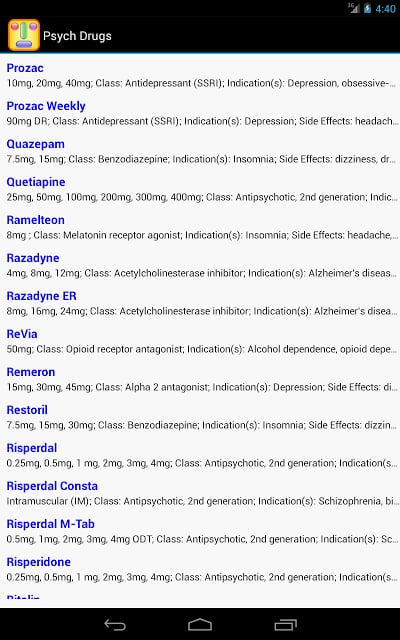 Even if a therapist doesn’t advertise that they’re sliding scale, you may want to ask them to see if there’s anything they can do. Many therapists will work with you or refer you somewhere that can help.
Even if a therapist doesn’t advertise that they’re sliding scale, you may want to ask them to see if there’s anything they can do. Many therapists will work with you or refer you somewhere that can help.
To find a sliding scale therapist, consider using Open Path Psychotherapy Collective, a network of mental health professionals that offer care at a reduced rate. You can also search FindTreatement.gov and select “sliding fee scale” under payment options
If you’re looking for free mental health resources, consider starting below:
- FindTreatment.gov has a search tool available where you can select “free or no-cost care” under payment options. They also have options for sliding scale and payment assistance. If you need help finding treatment, call 800-662-4357.
- Find a Health Center through the Health & Human Services search tool.
- See if you qualify for Medicaid, a program to assist low-income individuals with healthcare expenses.
- Therapy Aid Coalition offers free or low-cost therapy sessions to certain communities.
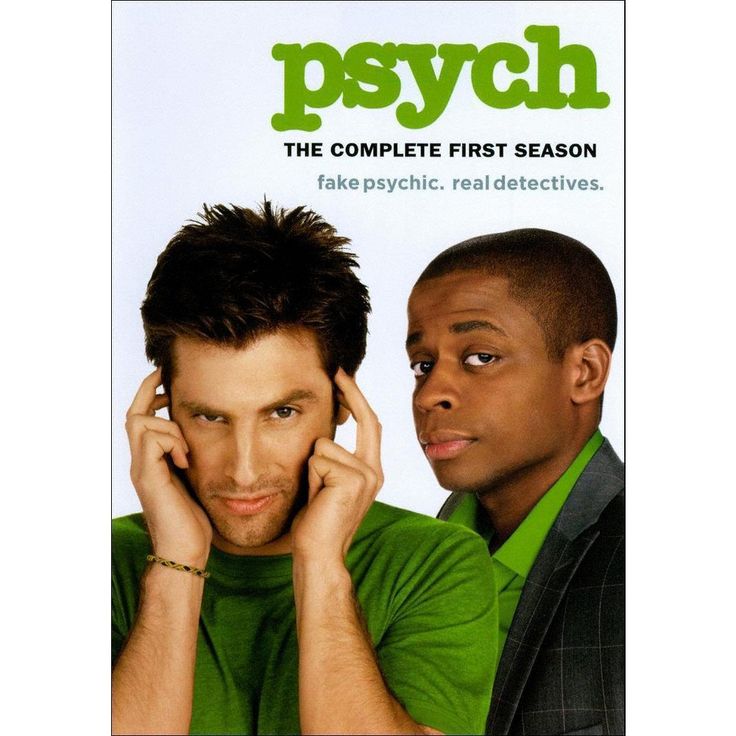 Currently, they’re serving essential workers during the COVID-19 pandemic and people who’ve lost their homes or been displaced due to wildfires.
Currently, they’re serving essential workers during the COVID-19 pandemic and people who’ve lost their homes or been displaced due to wildfires.
Depending on the type of mental healthcare you’re looking for, there are many types of mental health professionals to choose from. We look at the most common ones below.
Psychologists
Psychologists hold a doctoral degree in clinical psychology or a similar specialty. You’ll see PsyD or PhD after their names. They can diagnose and treat mental health conditions, and can provide individual or group therapy. They often can’t write prescriptions, but this can vary by the state they practice in.
Psychiatrists
Psychiatrists are licensed medical doctors with training in psychiatry. They can diagnose mental health conditions, provide therapy, and prescribe medications. You’ll see DO or MD following their name.
It’s not uncommon for people with mental health conditions to see a psychiatrist along with either a counselor or psychologist.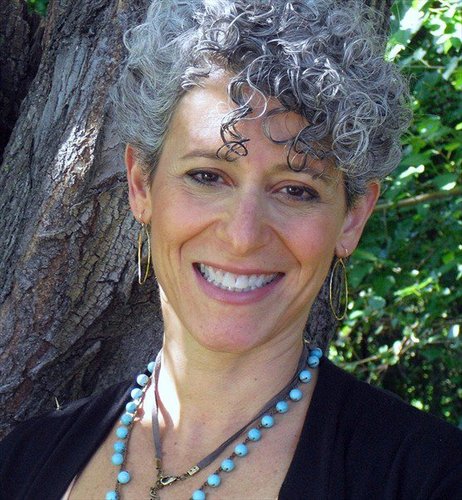 This is because psychiatrists often focus on the medication aspect of treatment, while other types of mental health pros focus on talk therapy.
This is because psychiatrists often focus on the medication aspect of treatment, while other types of mental health pros focus on talk therapy.
Mental health counselors and therapists
These are mental health professionals with master’s degrees in a mental health field, such as psychology or marriage and family therapy. They might go by counselor, clinician, or therapist — but they can all have the same credentials.
Depending on the state of practice, therapists may not be able to give a diagnosis. They can use therapeutic techniques to help you learn to cope with mental health conditions, problem solve, and work through conflict.
Some examples of licensed counselors include:
- licensed professional counselor (LPC)
- licensed marriage and family therapist (LMFT)
- licensed clinical alcohol and drug abuse counselor (LCADAC)
Other mental health professionals
You might also encounter the following professionals in your mental health journey:
- Clinical social workers.
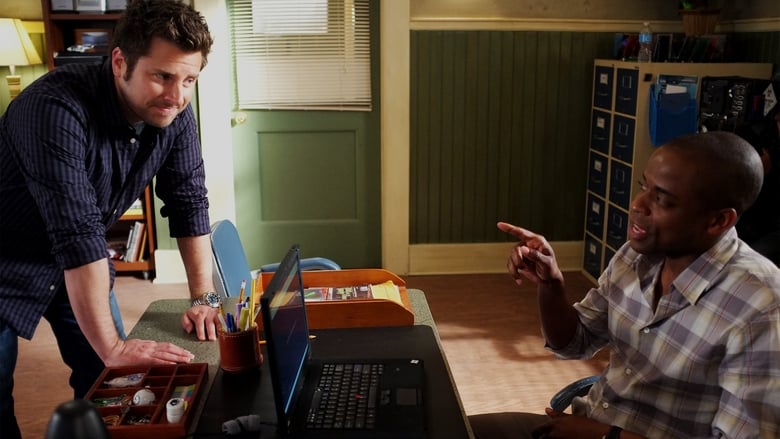 They have a master’s degree in social work (MSW) and are trained to evaluate a person’s mental health and provide therapy or case management.
They have a master’s degree in social work (MSW) and are trained to evaluate a person’s mental health and provide therapy or case management. - Psychiatric nurse practitioner. Aka mental health nurse practitioners, these professionals may have either a master’s or doctoral degree specializing in psychiatry. They can diagnose, assess, and offer therapy, and in some states prescribe meds.
- Psychiatric pharmacists. Pharmacists that specialist in mental healthcare and medication management. Depending on their state of practice, they may be able to prescribe medications.
- Pastoral counselors. Clergy members that are trained to diagnose and counsel. They may have a doctorate in counseling.
You may also want to reach out to peer supporters — people who have experienced, lived with, or recovered from mental health conditions — who aim to advocate and support people currently living with these conditions. You can look for peer support through an organization or charity.
You can look for peer support through an organization or charity.
Online therapy has become more popular in recent years, with many therapists now offering phone, video chat, and text options. This may be a good option for accessibility, comfort, and cost.
Talkspace and BetterHelp are two of the most popular online therapy options. Some services specialize in specific types of therapy, such as ReGain, a couples’ therapy service.
Other services, like Amwell, offer both in-person therapy and telehealth options.
Mental health apps can help you track moods, learn cognitive behavioral therapy (CBT) techniques, or provide community. Here are some apps you may find helpful:
- TalkLife, a community app that connects you with other people who understand what you’re going through.
- Bearable, an app that lets you keep track of your mood and health habits, including medication and sleep.
- MindShift, which uses CBT tools to relieve anxiety, track goals, and help you relax.

- The Safe Place offers community and education specifically aimed for people who are Black.
Meditation apps like Headspace and Calm can give you the tools to help you meditate, or to make meditation practice a regular part of your self-care.
Check out these best picks for 2021
Nervous about your first therapy session? That’s normal, but there’s no need to fear. Therapists are trained to help you feel more comfortable, and they expect that you’ll have some nerves coming into the session.
When preparing for your first session, it can help to bring along a list of conversation points. This can include:
- symptoms or experiences that you’d like to address
- current and past medications, and any notable side effects that occurred
- your family’s mental health or medical history
- any questions you have for your therapist, e.g., about their training, license, or specialties
You can feel more prepared by reading about what to expect in your first therapy session, and about introductory questions that therapists might ask.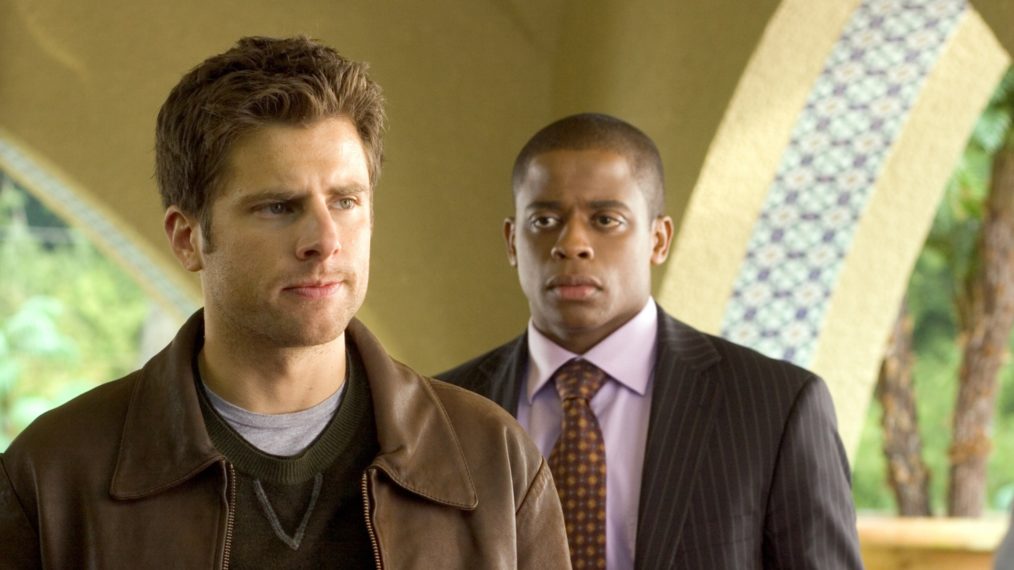
Anyone can benefit from seeking therapy — you don’t have to have a mental health condition or diagnosis to benefit from speaking with a professional.
When is it time to get help? If you experience any of the following:
- thoughts of suicide or self-harm
- domestic or sexual violence
- new trauma, or inability to cope with past trauma
- substance use concerns
- prolonged grief
- panic attacks
- sudden and intense shifts in moods (“lows” and “highs”)
- feelings of hopelessness or worthlessness
- persistent sadness, anger, or anxiety
- intrusive thoughts
- moving or talking more slowly than usual, or the opposite, having trouble sitting still and speaking quickly
- low energy and fatigue
- lack of motivation
- losing interest in things you used to enjoy or feeling withdrawn
- inability to function or concentrate in your daily life
- sleep disturbances
- relationship difficulties or conflict
Want to know if therapy is the best option for you? You can check out our free therapy quiz to find out.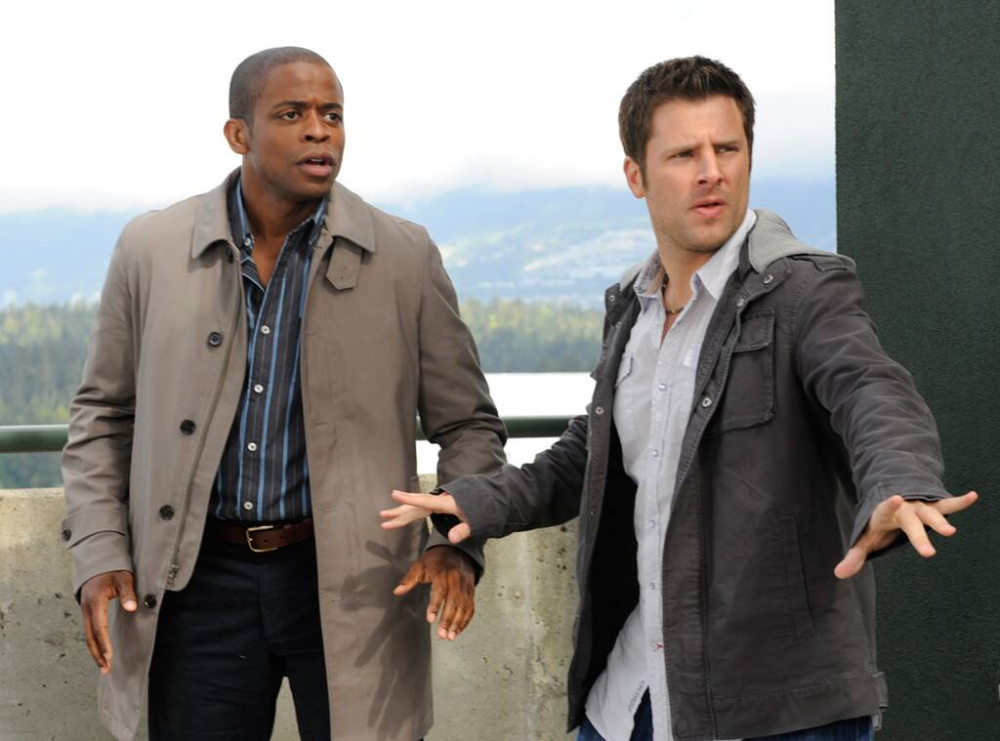
If you’re experiencing suicidal thoughts or are in crisis
- Call the National Suicide Prevention Lifeline 24/7 at 800-273-8255.
- Text “HOME” to the Crisis Text Line at 741741.
- Not in the U.S.? Find a helpline in your country with Befrienders Worldwide or an online chat with Suicide Stop.
- If it’s an emergency, you can call or visit your local emergency room or psychiatric care center to speak with a mental health professional.
Looking after your mental health is so important, but with so many options, it can be difficult to know where to start.
But once you find the right support, you can watch your life transform as you start addressing the emotions, behaviors, and fears that are holding you back. Finding the right therapist might feel daunting, but once you’ve done it, you’ll see that it was all worthwhile.
You might not find the perfect therapist the first time round, and that’s OK. Our needs and mental health priorities change over time, and you might try a few different forms of therapy before you find the one that’s right for you.
The first step is reaching out, and with this guide in hand, you’re one step closer to finding support.
Want to learn more about starting therapy? Psych Central’s How to Find Mental Health Support resource can help.
How to Find a Therapist
Whether an adult or child needs therapy, finding the right therapist takes research, patience, and intuition.
Written by Jeanie Lerche Davis
You need to find a therapist. Your life, your child, your marriage is suffering. But for many people, this task is daunting.
There's the alphabet soup of PhDs, PsyDs, MDs, MSs, and MSWs, not to mention all the labels -- psychiatrist, psychologist, marriage & family therapist, family counselor, licensed professional counselor, social worker.
It's true; all these therapists provide mental health services. But each brings different training, experience, insights, and character to the table. How can you find a therapist who is right for your needs?
Take heart, for the search will be worth the effort. "A good therapist, however you find them, is gold," Don Turner, MD, a private practice psychiatrist for 30 years in Atlanta, tells WebMD. "A good therapist is nonjudgmental, accepting, and patient. Otherwise, our patients are just getting what they grew up with."
"A good therapist, however you find them, is gold," Don Turner, MD, a private practice psychiatrist for 30 years in Atlanta, tells WebMD. "A good therapist is nonjudgmental, accepting, and patient. Otherwise, our patients are just getting what they grew up with."
First, let's look at the professional labels:
Psychiatrists: These are doctors who specialize in the diagnosis and treatment of mental or psychiatric illnesses. They have medical training and are licensed to prescribe drugs. They are also trained in psychotherapy, or "talk" therapy, which aims to change a person's behaviors or thought patterns.
Psychologists: These are doctoral degree (PhD or PsyD) experts in psychology. They study the human mind and human behavior and are also trained in counseling, psychotherapy, and psychological testing -- which can help uncover emotional problems you may not realize you have.
Cognitive behavioral therapy is the psychologist's main treatment tool -- to help people identify and change inaccurate perceptions that they may have of themselves and the world around them. Psychologists are not licensed to prescribe medications. However, they can refer you to a psychiatrist if necessary.
Psychologists are not licensed to prescribe medications. However, they can refer you to a psychiatrist if necessary.
Social Workers: These are specialists that provide social services in health-related settings that now are governed by managed care organizations. Their goal is to enhance and maintain a person's psychological and social functioning -- they provide empathy and counseling on interpersonal problems. Social workers help people function at their best in their environment, and they help people deal with relationships and solve personal and family problems.
Licensed Professional Counselors. These counselors are required by state licensure laws to have at least a master's degree in counseling and 3,000 hours of post-master's experience. They are either licensed or certified to independently diagnose and treat mental and emotional disorders, says W. Mark Hamilton, PhD, executive director of the American Mental Health Counselors Association.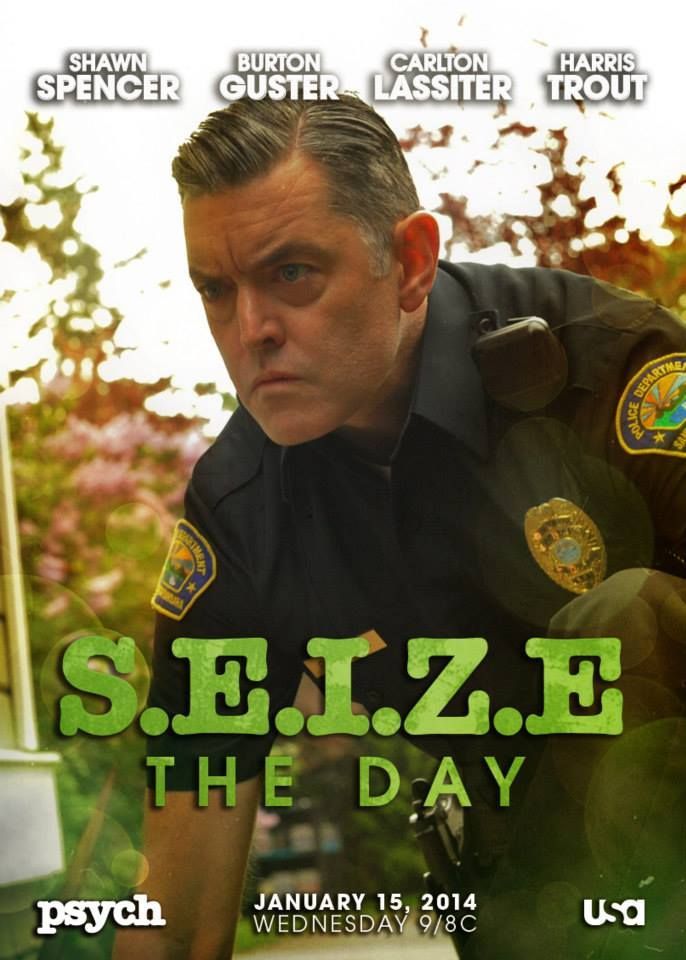
Counselors can help a wide range of problems, including depression, addiction and substance abuse, suicidal impulses, stress management, self-esteem issues, issues of aging, emotional health, and family, parenting, and marital or other relationship problems. They often work closely with other mental health specialists.
Get the Best ADHD Treatment for Your Kid.
Sorting It Out
When you start your search, keep an open mind. A therapist does not need decades of experience -- or a sheepskin from an ivy-league school -- to be helpful, says Turner.
"It used to be that a psychiatrist was considered most qualified because he or she had more education," Turner tells WebMD. "But that's not true anymore. Some psychiatrists got their licenses 25 years ago and haven't kept up. Many psychiatrists who are trained today just handle medications. You can have a primary care doctor do that -- it's not like psychiatrists are indispensable!"
Turner refers patients to professional counselors and social workers when appropriate. They often specialize in counseling couples and families and coordinating group therapy sessions, he says. "Some are good, some aren't. Some are excellent."
They often specialize in counseling couples and families and coordinating group therapy sessions, he says. "Some are good, some aren't. Some are excellent."
"Credentials aren't everything," says Robert Baker, PhD, a psychologist and program director of the behavioral medicine unit at the Ochsner Clinic in New Orleans. "Even people with great credentials aren't necessarily great therapists. They may be smart, but that doesn't mean they have good common sense."
Where to Start?
Collect Names. "Don't start with three names from your managed care company," advises Avrum Geurin Weiss, PhD, author of the book, Experiential Psychotherapy: A Symphony of Selves. He is a child/adolescent psychologist and director the Pine River Psychotherapy Training Institute in Atlanta.
Very likely, you don't have the company's entire list of providers, Weiss tells WebMD. "Insist on getting the whole provider list.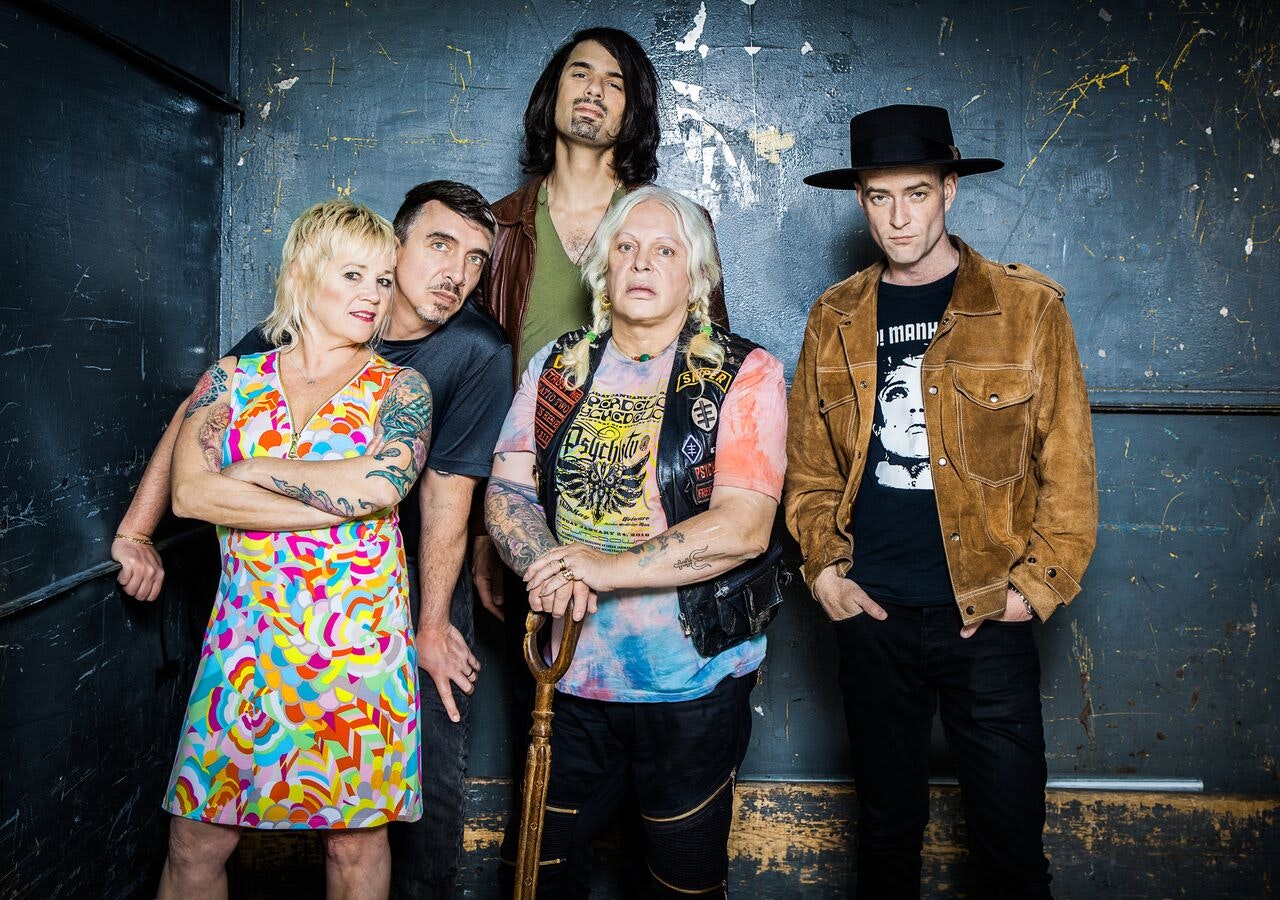 Then ask friends and colleagues if they know a psychologist or psychiatrist who could make recommendations from that list."
Then ask friends and colleagues if they know a psychologist or psychiatrist who could make recommendations from that list."
He gets plenty of calls from people who say, "I have Aetna insurance. I know you're not an Aetna provider, but can you look at my list?"
"They fax it to me, and I make recommendations. I do it all the time," he says.
Other sources:
- Call a university psychiatry or psychology department and ask recommendations of people trained in that program. "At least that way you know they're under scrutiny," says Turner.
- If you're moving to a new city, ask your current therapist for referrals, or have him check with colleagues.
- Call a large clinic; ask the receptionist for recommendations. "They know who specializes in what," Baker tells WebMD. "They can match you up pretty well."
- Check with friends and family.
If you're embarrassed about asking for help, get over it, advises Weiss. "Get past the stigma. The outcome's too important."
"Get past the stigma. The outcome's too important."
Also, check with professional associations to learn about a therapist's expertise -- whether they provide psychotherapy, if they treat children, etc. The American Psychological Association and the American Psychiatric Association both provide such lists for people wanting to find a therapist.
The First Appointment
Ask questions: How long has the therapist been in practice? How many patients have had your problem? What were the results? Ask about policies, fees, payment. "But don't bargain hunt for mental health care," says Weiss.
"You find a therapist in the same way you choose any health care professional," he tells WebMD. "They must be professional, credentialed, and competent, with no lawsuits against them. And they must be an intuitive fit -- you can't underestimate the absolute value of feeling a good intuitive match with somebody. Also, if you ask them questions about themselves, and they get defensive, go somewhere else. "
"
Another important point: Has your therapist been in therapy? "I'm shocked at the therapists who have never undergone personal psychotherapy," Weiss tells WebMD. "They have to have resolved their own issues, or they will steer you away from things they are not comfortable with. They may also bring their own issues into your therapy."
Ask yourself:
- Do I feel reasonably OK with this person? "Feeling totally comfortable isn't the best criteria, because if you're too comfortable, you're just chit chatting, and that doesn't help you," says Baker.
- Is the therapist really listening to me? Is he or she asking enough questions? Especially in the first sessions, the therapist should be asking many questions, to become acquainted with you and the issues you are dealing with.
- Has the therapist asked what outcome you want from therapy -- how you want your life to be? How will you know when you get there, if neither the patient nor the therapist has established a goal?
- Do you feel satisfied with the therapist's resources? For example, do you have to find your own therapy group? Or is your therapist checking with colleagues about a group appropriate for you?
- Does what the therapist say make sense? Does it seem like bad advice? Does it help you or not?
Baker says patients don't always like his suggestions -- yet he knows from intuition and experience that its good advice.
Example: Your husband uses profanity constantly when talking to you; you want him to quit. Baker suggests that you mirror your husband's behavior -- you use profanity the next time he does -- a technique he knows will work. "People are always resistant to that, they don't want to 'sink that low,' but then they're amazed at how well it works," Baker says. "It's not that you should take up bad habits, but that he stop his."
Child/Adolescent Therapy
"It's tough finding a good child psychotherapist," says Weiss. "Not many people have much experience working with adolescents. You can end up with a therapist trained to work with adults, but they work with adolescents because they have an adolescent or because they like working with adolescents."
A pediatrician can often make a referral, he tells WebMD. "I warn people about school counselors making referrals; they are overwhelmed and busy, don't follow up to see if good work is happening. "
"
Also, check with other parents. "I recommend that parents identify two or three therapists that they find acceptable, then let your kid pick from among them. That's so they have a voice in this," Weiss advises.
Eugenio Rothe, MD, professor of psychiatry at the University of Miami and director of the Child and Adolescent Psychiatry Clinic at Jackson Memorial Hospital, offered his insights.
Pediatricians and professional counselors should not be treating a child for attention deficit hyperactivity disorder (ADHD), he tells WebMD. "More than 75% of children with ADHD are treated by a pediatrician or primary care doctor. But studies show that 40% to 60% of those children have another psychiatric diagnosis. How can a pediatrician [or counselor] diagnose that?"
"Professional honesty is very important -- referring patients to other professionals when you're not trained to handle the problem," says Rothe. "Many psychologists feel very threatened by psychiatrists, that they will lose the patient if they make a referral. But they're doing a disservice by not getting patients get the help they need."
But they're doing a disservice by not getting patients get the help they need."
Psychiatrists understand both the body and the brain, and that's a critical difference, he explains. "Depression may begin with a situational problem in your life, but that event causes chemical changes in your brain. Once those chemical changes are established, you have a chemical imbalance. If you treat depression as something abstract, you won't get to the fact that it's a chemical imbalance that needs be treated."
He retells one landmark court case: A man with what's known as "agitated depression" wore out three pairs shoes from pacing for more than six months in a mental health facility. Talk therapy was not helping, so he signed himself out, went to a psychiatrist, got medications, and got completely better in six weeks.
"He sued the hospital, said he hadn't received appropriate treatment, and he won," says Rothe.
The lesson for therapists: You are making a patient suffer unnecessarily if you don't treat the depression effectively -- or if you don't help them find a therapist who can.
The Sun: Origin. Your task in the game | Page 5
Quest "Peacemaker". (p. 2, because it does not fit entirely).
If answer option (1) was selected:
Lost 50,000 characters. The quest "Peacemaker" has been received. The raven speaks with a slave nicknamed Crazy, he talks nonsense about the dragon and leaves the slaver's corral, moving towards the exit from the location. We get an update of the task "Talk to the Crazy. Follow the Crazy to the Common Lands." Raven waits until Psycho leaves the territory of the Rusty Wastes location, then goes to the Common Land location, where he talks to Psycho and receives a dialogue to get the old Psycho key (already exists in the game, the existing one is used). We get the execution of the task "Talk to the Psycho", the old key of the Psycho, with which we can open one of the safes in the X13 "Paradise" bunker. We get the completion of the task "Peacemaker", the reward is 4 points of free skills, all marauders and slavers from now on are neutral to the Raven until he opens fire first.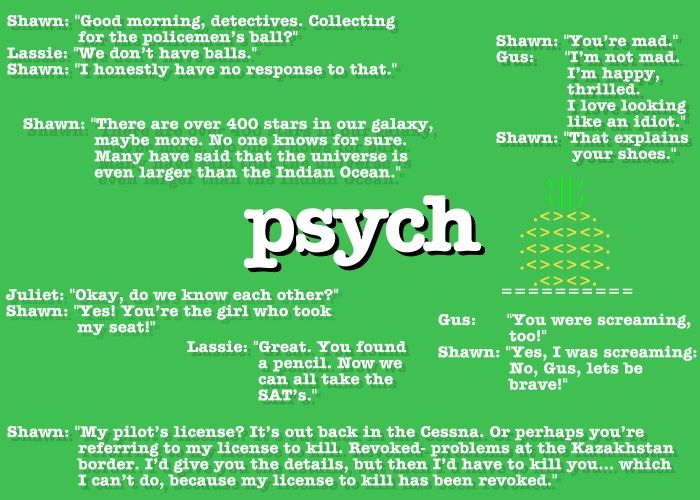 Newly spawned Marauders from the moment the Peacemaker quest is completed are initially neutral to Raven until he opens fire first. If Psycho is killed by mutes along the way, we get the cancellation of the task "Talk to the Psycho. Follow the Psycho to the Common Lands" and get a new task "Search the corpse of the Psycho", loot, we get the task "Search the corpse of the Psycho" and the old key of the Psycho. Quest "Peacemaker" failed.
Newly spawned Marauders from the moment the Peacemaker quest is completed are initially neutral to Raven until he opens fire first. If Psycho is killed by mutes along the way, we get the cancellation of the task "Talk to the Psycho. Follow the Psycho to the Common Lands" and get a new task "Search the corpse of the Psycho", loot, we get the task "Search the corpse of the Psycho" and the old key of the Psycho. Quest "Peacemaker" failed.
If answer option (2) was selected:
Talon: Well, something powerful and with optics, like "CQ-16".
Raven: Wow requests! And what, the usual "PDR" is no longer a powerful enough gun for you?
Claw: So "PDR" without optics, so if such a barrel, then then a couple, gee. Choose.
Raven:
2 a). Okay, you will have a powerful gun with optics.
2 b). It’s easier to get a couple of trunks than to find optics in the Wasteland, and even find such a rare trunk.
If answer option (2a) is selected:
Mission "Peacekeeper" received.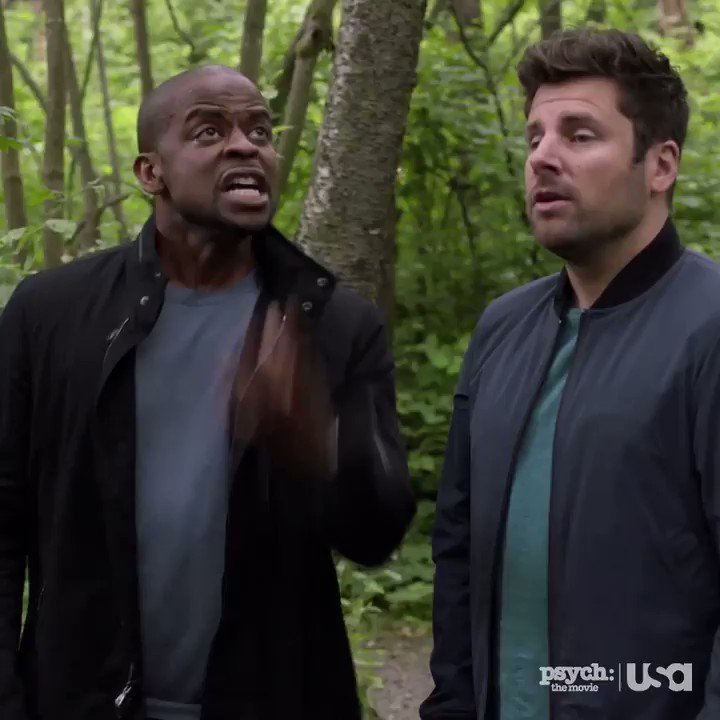 Received the task "Barrel with optics". Raven needs to buy or find a "CQ-16" assault rifle (available from Talgyn, a slave trader and a Forester) and an optical sight for it (often sold by NPCs, for example, one of the rescued from Lekha Sedogo's squad has one). After that, you need to install an optical sight on the machine. If there is a "CQ-16" assault rifle with a mounted optical sight in the Raven's backpack, the task "Barrel with optics. Return to the Claw" is updated. The raven returns to the Claw, we get the dialogue:
Received the task "Barrel with optics". Raven needs to buy or find a "CQ-16" assault rifle (available from Talgyn, a slave trader and a Forester) and an optical sight for it (often sold by NPCs, for example, one of the rescued from Lekha Sedogo's squad has one). After that, you need to install an optical sight on the machine. If there is a "CQ-16" assault rifle with a mounted optical sight in the Raven's backpack, the task "Barrel with optics. Return to the Claw" is updated. The raven returns to the Claw, we get the dialogue:
Claw: Well, did you bring it?
Raven: Here you go, as agreed. Can I take my slave?
Claw: Wow, what a gun! Take it, of course, and get out as quickly as possible - otherwise, you know, I really want to try out the new product, and not on anyone, gee-gee.
Lost assault rifle "CQ-16" with a mounted optical sight. Received the completion of the task "Barrel with optics", received two free skill points. The raven speaks with a slave nicknamed Crazy, he talks nonsense about the dragon and leaves the slaver's corral, moving towards the exit from the location.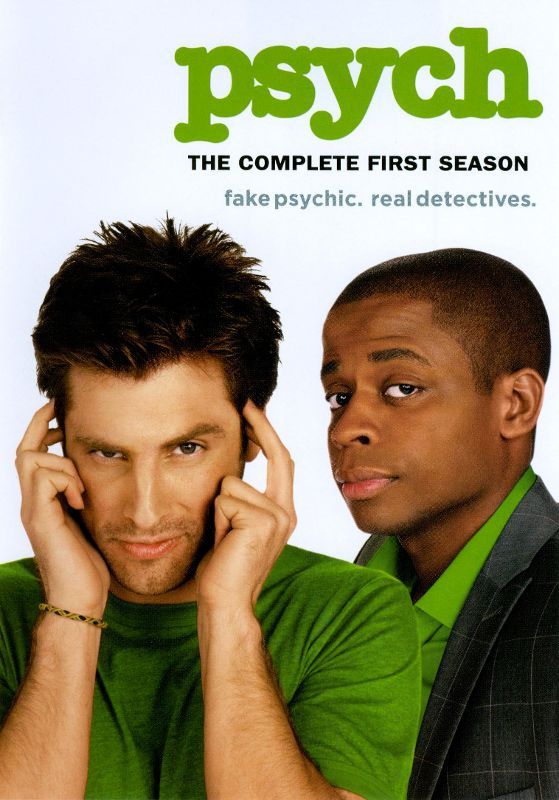 We get an update of the task "Talk to the Crazy. Follow the Crazy to the Common Lands." Raven waits until Psycho leaves the territory of the Rusty Wastes location, then goes to the Common Land location, where he talks to Psycho and receives a dialogue to get the old Psycho key (already exists in the game, the existing one is used). We get the execution of the task "Talk to the Psycho", the old key of the Psycho, with which we can open one of the safes in the X13 "Paradise" bunker. We get the completion of the task "Peacemaker", the reward is 4 points of free skills, all marauders and slavers from now on are neutral to the Raven until he opens fire first. Newly spawned Marauders from the moment the Peacemaker quest is completed are initially neutral to Raven until he opens fire first. If Psycho is killed by mutes along the way, we get the cancellation of the task "Talk to the Psycho. Follow the Psycho to the Common Lands" and get a new task "Search the corpse of the Psycho", loot, we get the task "Search the corpse of the Psycho" and the old key of the Psycho.
We get an update of the task "Talk to the Crazy. Follow the Crazy to the Common Lands." Raven waits until Psycho leaves the territory of the Rusty Wastes location, then goes to the Common Land location, where he talks to Psycho and receives a dialogue to get the old Psycho key (already exists in the game, the existing one is used). We get the execution of the task "Talk to the Psycho", the old key of the Psycho, with which we can open one of the safes in the X13 "Paradise" bunker. We get the completion of the task "Peacemaker", the reward is 4 points of free skills, all marauders and slavers from now on are neutral to the Raven until he opens fire first. Newly spawned Marauders from the moment the Peacemaker quest is completed are initially neutral to Raven until he opens fire first. If Psycho is killed by mutes along the way, we get the cancellation of the task "Talk to the Psycho. Follow the Psycho to the Common Lands" and get a new task "Search the corpse of the Psycho", loot, we get the task "Search the corpse of the Psycho" and the old key of the Psycho. Quest "Peacemaker" failed.
Quest "Peacemaker" failed.
If the answer option (2 b) is selected:
The mission "Peacemaker" has been received. The task "Psycho, money, two barrels" is received. The raven needs to buy or find two "PDR" submachine guns (sometimes it is on sale from the merchants of the "Atria" location, it is possible to get Max and Black on quests). If there are two "PDR" submachine guns in the Raven's backpack, the task "Psycho, money, two guns. Return to the Claw" is updated. The raven returns to the Claw, we get the dialogue:
Claw: Well, did you bring it?
Raven: Here you go, as agreed. Can I take my slave?
Talon: Wow, what guns! Take it, of course, and get out as quickly as possible - otherwise, you know, I really want to try out new items, and not on anyone, gee-gee.
Lost two "PDR" submachine guns. Completed the quest "Psychos, Money, Two Guns", received two free skill points. The raven speaks with a slave nicknamed Crazy, he talks nonsense about the dragon and leaves the slaver's corral, moving towards the exit from the location. We get an update of the task "Talk to the Crazy. Follow the Crazy to the Common Lands." Raven waits until Psycho leaves the territory of the Rusty Wastes location, then goes to the Common Land location, where he talks to Psycho and receives a dialogue to get the old Psycho key (already exists in the game, the existing one is used). We get the execution of the task "Talk to the Psycho", the old key of the Psycho, with which we can open one of the safes in the X13 "Paradise" bunker. We get the completion of the task "Peacemaker", the reward is 4 points of free skills, all marauders and slavers from now on are neutral to the Raven until he opens fire first. Newly spawned Marauders from the moment the Peacemaker quest is completed are initially neutral to Raven until he opens fire first. If Psycho is killed by mutes along the way, we get the cancellation of the task "Talk to the Psycho. Follow the Psycho to the Common Lands" and get a new task "Search the corpse of the Psycho", loot, we get the task "Search the corpse of the Psycho" and the old key of the Psycho.
We get an update of the task "Talk to the Crazy. Follow the Crazy to the Common Lands." Raven waits until Psycho leaves the territory of the Rusty Wastes location, then goes to the Common Land location, where he talks to Psycho and receives a dialogue to get the old Psycho key (already exists in the game, the existing one is used). We get the execution of the task "Talk to the Psycho", the old key of the Psycho, with which we can open one of the safes in the X13 "Paradise" bunker. We get the completion of the task "Peacemaker", the reward is 4 points of free skills, all marauders and slavers from now on are neutral to the Raven until he opens fire first. Newly spawned Marauders from the moment the Peacemaker quest is completed are initially neutral to Raven until he opens fire first. If Psycho is killed by mutes along the way, we get the cancellation of the task "Talk to the Psycho. Follow the Psycho to the Common Lands" and get a new task "Search the corpse of the Psycho", loot, we get the task "Search the corpse of the Psycho" and the old key of the Psycho.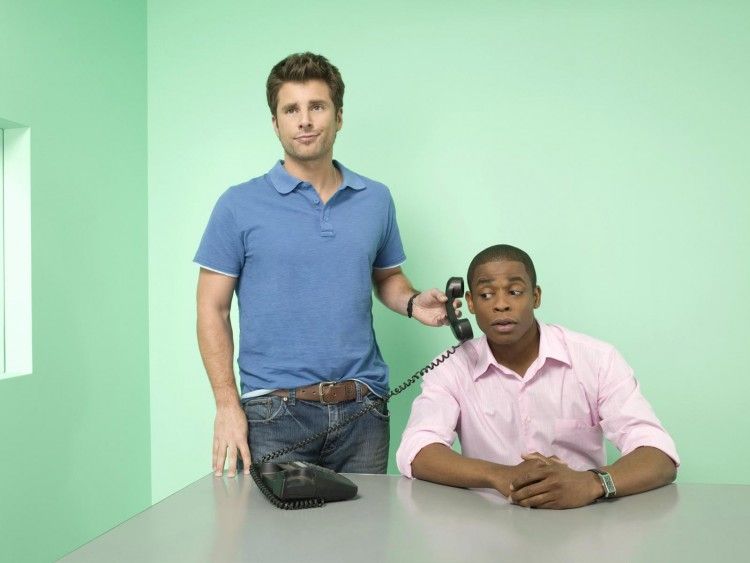 Quest "Peacemaker" failed.
Quest "Peacemaker" failed.
If answer option (3) was chosen:
Claw: Oh, to hell with you, take it for free. All the same, either he will die along the way, or we will shoot ourselves - we don’t need extra mouths.
The quest "Peacemaker" has been received. Failed mission "Peacekeeper". The raven speaks with a slave nicknamed Crazy, he talks nonsense about the dragon and leaves the slaver's corral, moving towards the exit from the location. We get an update of the task "Talk to the Crazy. Follow the Crazy to the Common Lands." Raven waits until Psycho leaves the territory of the Rusty Wastes location, then goes to the Common Land location, where he talks to Psycho and receives a dialogue to get the old Psycho key (already exists in the game, the existing one is used). We get the execution of the task "Talk to the Psycho", the old key of the Psycho, with which we can open one of the safes in the X13 "Paradise" bunker. If Psycho is killed by mutes along the way, we get the cancellation of the task "Talk to the Psycho. Follow the Psycho to the Common Lands" and get a new task "Search the corpse of the Psycho", loot, we get the task "Search the corpse of the Psycho" and the old key of the Psycho.
Follow the Psycho to the Common Lands" and get a new task "Search the corpse of the Psycho", loot, we get the task "Search the corpse of the Psycho" and the old key of the Psycho.
Upon further communication with the Claw, we get a dialogue:
Raven: Oh, are you still here? But what about the Reverse base?
Claw: Don't interfere, we haven't collected all the junk yet.
Raven: Okay, bye.
Dialogue is cyclical, repeating over and over when talking to the Claw.
End of the quest "Peacemaker".
Click to expand...
Chapter four. Rusty Wastes. Part 1 | Page 2
EGProject
Developer
- #21
Netroy wrote:
My Stavr walked for a VERY long time, I decided to complete the remaining tasks until he gets there, but he died.
How to get armor battery now?
Click to expand...
Wait for update. He will walk normally.
Aleks
Newbie
- #22
Help guys, first of all, my stavr went for a long time, and secondly, when Stavr arrived at the Lis base, he didn’t give me a reward, he said they were waiting for Stavr, but he had already come for a long time!!!
I found the fugitives and talked and talked to the old man!!!
What's wrong?! (((
Anatoliy
Master
- #23
@Aleks, above the developer replied that these bugs will go away after update 1.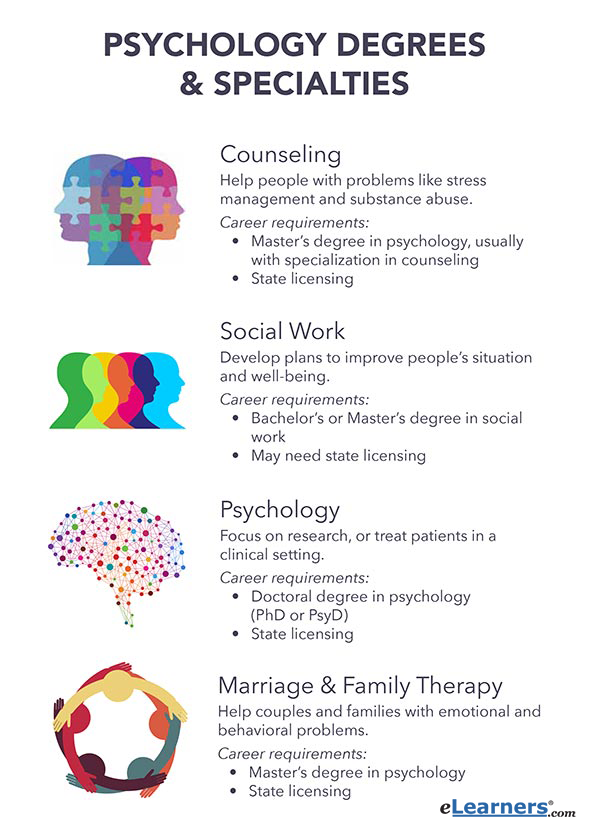 8.8.
8.8.
Dîm_ok
Newbie
- #24
There is no one on the base except mazgar and after the capture of Fischer's base there is no stavr and the task of new faces is not closed and Garik does not give a rifle and the tasks of the stavr cannot be completed because they simply are not in the tasks something went wrong because the script tell me what I did wrong and how to fix
Anatoliy
Master
- #25
@Dîm_ok, judging by the fact that you are at the very beginning of the game, it will be easiest to replay.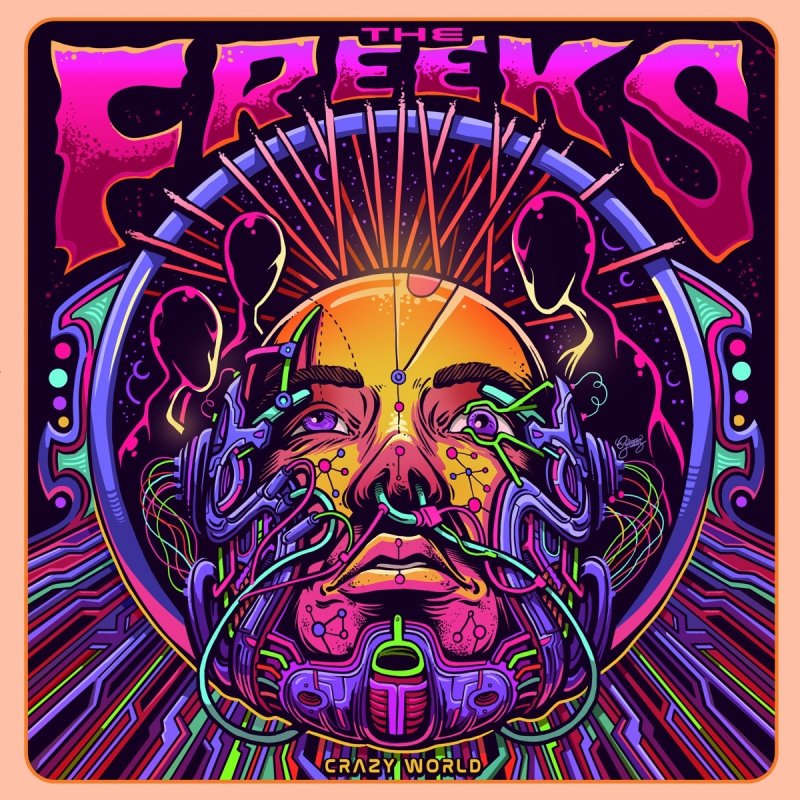 for example, from the moment the Raven first appeared in bunker 216. and don’t rush to click through the dialogues, read, think about it, talk to absolutely all the NPCs, you might learn something new, and most importantly, the plot will go as it should. good luck.
for example, from the moment the Raven first appeared in bunker 216. and don’t rush to click through the dialogues, read, think about it, talk to absolutely all the NPCs, you might learn something new, and most importantly, the plot will go as it should. good luck.
alex
Master
- #26
Dîm_ok wrote:
There is no one at the base except for the mazgar and after the capture of the Fischer base there is no stavr and the task of new faces is not closed and Garik does not give a rifle and the tasks of the stavr cannot be completed because they simply are not in the tasks something went wrong because the script tell me what was done wrong and how to fix
Press to open.
..
For the first time I see such a miracle as you with your question, but okay
Corry and the foxes go to the lands of the community to the checkpoint after capturing it and talking with bragg, which makes the quest impossible to complete them
Profet
Beginner
- #27
Hello, the inhabitants of the forum)
I was playing the game, there was a discrepancy, I decided to read where I screwed up, found this forum, read it and realized that I screwed up some points, decided to replay and started over, followed the guide, at the time of giving the crystal to Garik, it was preserved, far finished the "Sand Storms" quests for verification, then went through the "Sons of Thunder" quests, then talked with Mozgar and went to kill the slave traders, took the loot from Mozar's cache, came to the "Sand Storms" and everything is fine, they are not enemies, although I read above that they will become enemies.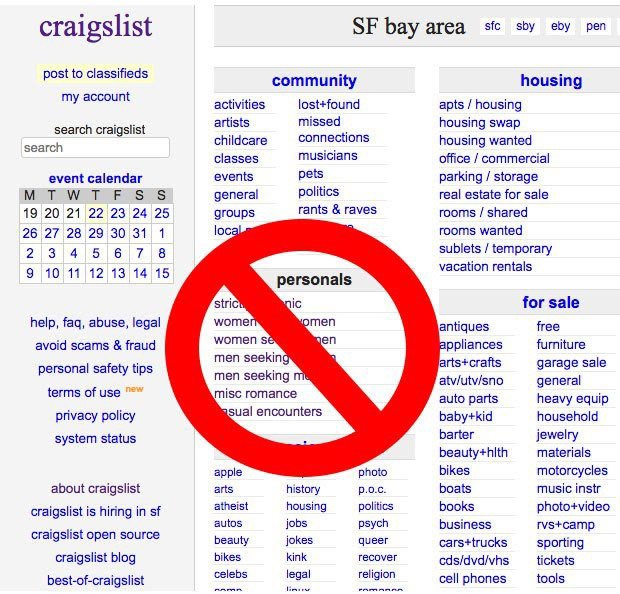 ..
..
*First question, is it because it's different for me or has it already been changed and "Sandstorms" do not become enemies if I kill the "Sons of Thunder"?
*Second question, do I cross paths with any slaver factions further down the game? Does it make sense to maintain relations with the slave traders and not kill the "Sons of Thunder" or kill not with your own hands?
* By the way, this is the third question, so as not to waste a lot of time, is it really possible to kill the "Sons of Thunder" by bringing mutants to them now? And then I ran several times with mutants on my tail to a couple of different bases and everywhere any mutants were demolished without loss or any difficulties.
I would be grateful for sensible answers and clarifications
Anatoliy
Master
- #28
@Profet, 1) about peaceful Storms - most likely saved Vandal's life at the start by giving a first aid kit to Klin. 2) I am now playing again, I don’t kill slave traders, I bought Tan, but there is no dialogue with him. And Crazy doesn't want to come out either))) And if I think I can open Atria without Tan, then the safe in Bunker 132 is unlikely without Crazy. And considering that karma increases for killing slavers, although killing is a sin, then this is probably the idea of the developers. While trying to play, leaving the slavers alive. If I get to x13 and without a Psycho, I will "increase" karma in any way))) 3) there are a lot of slave traders and they are well armed so that they can be overwhelmed by mutes, this is not one Funky, but 6 fighters, so it's unlikely. Although the idea is interesting.
2) I am now playing again, I don’t kill slave traders, I bought Tan, but there is no dialogue with him. And Crazy doesn't want to come out either))) And if I think I can open Atria without Tan, then the safe in Bunker 132 is unlikely without Crazy. And considering that karma increases for killing slavers, although killing is a sin, then this is probably the idea of the developers. While trying to play, leaving the slavers alive. If I get to x13 and without a Psycho, I will "increase" karma in any way))) 3) there are a lot of slave traders and they are well armed so that they can be overwhelmed by mutes, this is not one Funky, but 6 fighters, so it's unlikely. Although the idea is interesting.
Spaarksnight
Newbie
- #29
I started to play the game again and it seems I did the quest wrong. First, I took the quest for the crystal, then I killed the slavers, talked to Psycho, and only after that I took the crystal to Garik, he didn’t give me a rifle, said that I needed to find Psycho, but the problem is that for some reason the psycho didn’t reach the dentists’ base and had to take the key from him in the rusty wastelands, but after that the quest "Find a use for the Psycho key" does not appear
First, I took the quest for the crystal, then I killed the slavers, talked to Psycho, and only after that I took the crystal to Garik, he didn’t give me a rifle, said that I needed to find Psycho, but the problem is that for some reason the psycho didn’t reach the dentists’ base and had to take the key from him in the rusty wastelands, but after that the quest "Find a use for the Psycho key" does not appear
alex
Master
- #thirty
Spaarksnight wrote:
Started playing the game again and it seems that I did the quest wrong.
First, I took the quest for the crystal, then I killed the slavers, talked to Psycho, and only after that I took the crystal to Garik, he didn’t give me a rifle, said that I needed to find Psycho, but the problem is that for some reason the psycho didn’t reach the dentists’ base and had to take the key from him in the rusty wastelands, but after that the quest "Find a use for the Psycho key" does not appear
Press to open...
If you have a key, then you will open the safe
markdat
newbie
- #31
EGProject wrote:
Then we talk with all the characters at the base of the Scouts, EXCEPT Mozgar, we'll talk with him later, as we complete the quests of the slavers.
There is also a duplicate personal box, 8 loot boxes (4 in the gatehouse, 3 in a two-story building, 1 in a concrete pipe near the base gate)
Press to open...
I found a "double personal box" among the boxes. Nothing from what I left in the "double of personal
markdat
newbie
- #32
I couldn't edit the previous post (is there an option to edit?), so I'll add: ... I couldn't find a box on the Common Lands near Brega here.
alex
Master
- #33
markdat wrote:
I couldn't edit the previous post (is there an option to edit?), so I add: .
.. I didn't find a crate on the Common Lands near Brega here.
Press to open...
Raise the level by changing the avatar by making a signature and later you can supplement and the box is at bragg if he did not go to the sowing checkpoint if he is there go back to where he was and look there
Last edit:
markdat
newbie
- #34
alex wrote:
Raise the level by changing the avatar by making a signature and later you can supplement and the box is at bragg if he didn’t go to the northern checkpoint if he is there go back to where he was and look thereView attachment 1287
Click to expand.
..
And I put everything in a vertical box)) Well, I had to shift
filin
Newbie
- #35
The third time is a bug with first-aid kits. And it won't go away until you reboot. and don't hang anything.
alex
Master
- #36
filin wrote:
The third time is a bug with first-aid kits.
And it won't go away until you reboot. and don't hang anything.
Click to expand...
Shaw again? Please tell me version
filin
Newbie
- #37
alex wrote:
Shaw again? Please tell me the version
Click to expand...
1.9.4
PlaySer
Master
- #38
filin wrote:
The third time is a bug with first-aid kits.
And it won't go away until you reboot. and don't hang anything.
Click to expand...
How does such a bug appear? I try to repeat and nothing comes out.
filin
Newbie
- #39
PlaySer wrote:
How does such a bug appear? I try to repeat and nothing comes out.
Click to expand...
from the right side where 5 first-aid kits had water. I don't know how it is... Yesterday with bread it was
PlaySer
Master
- #40
filin wrote:
from the right on the edge where 5 first-aid kits had water.
